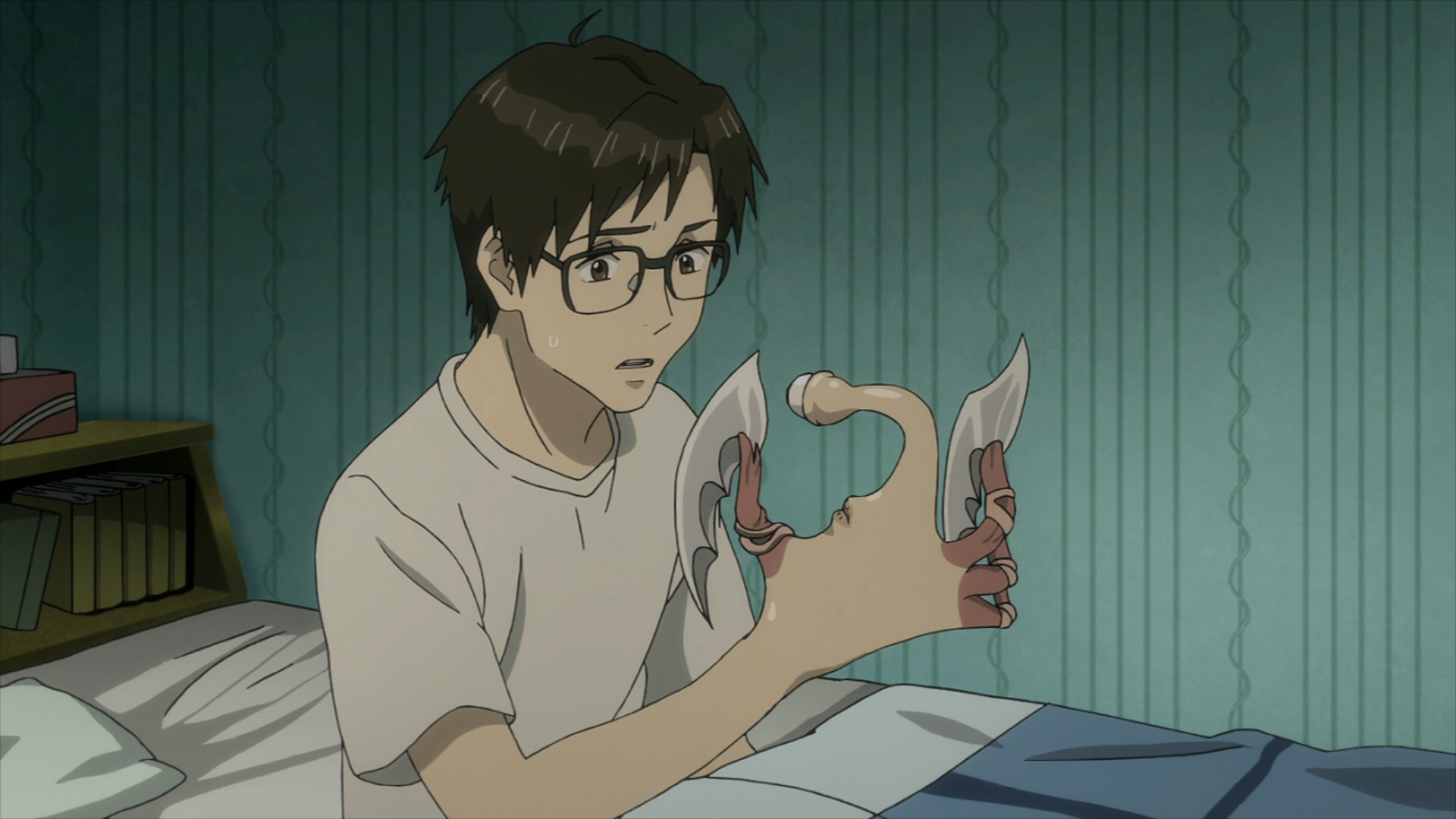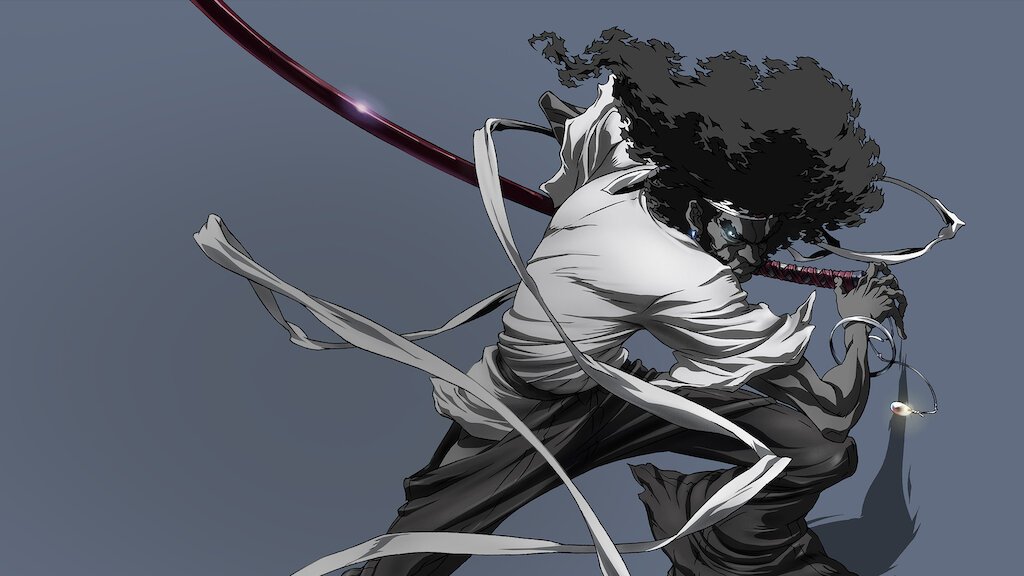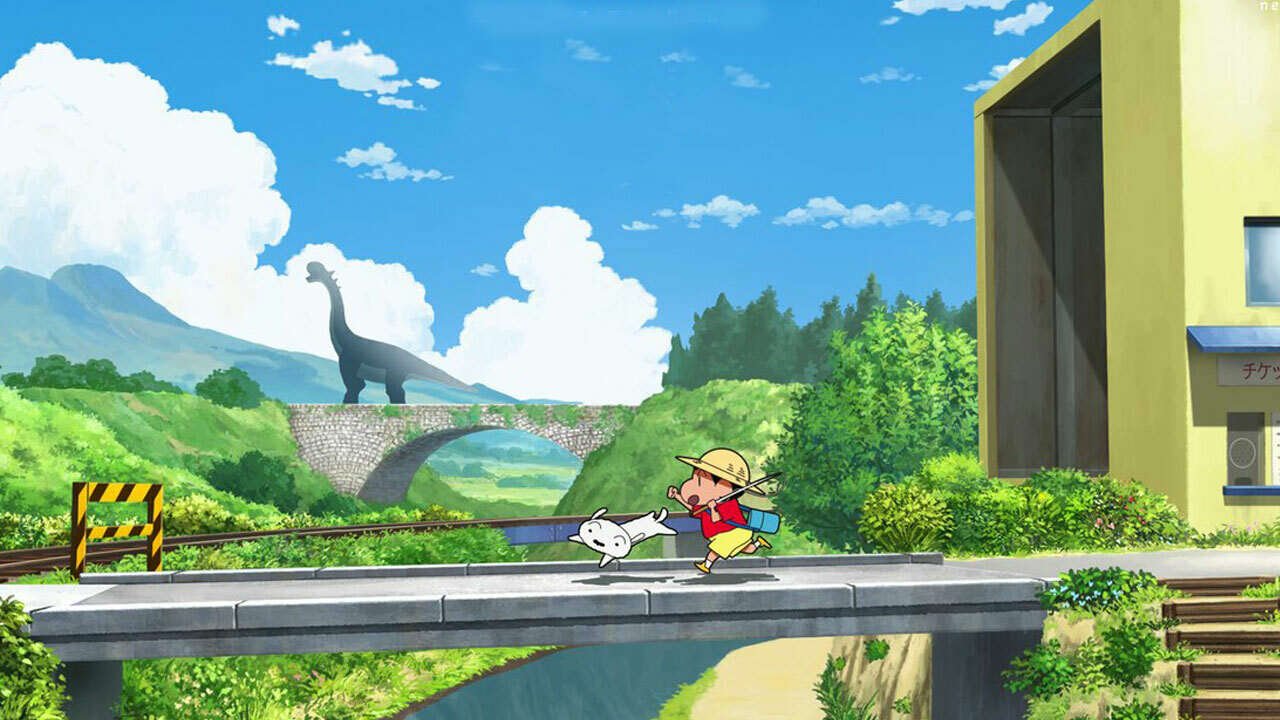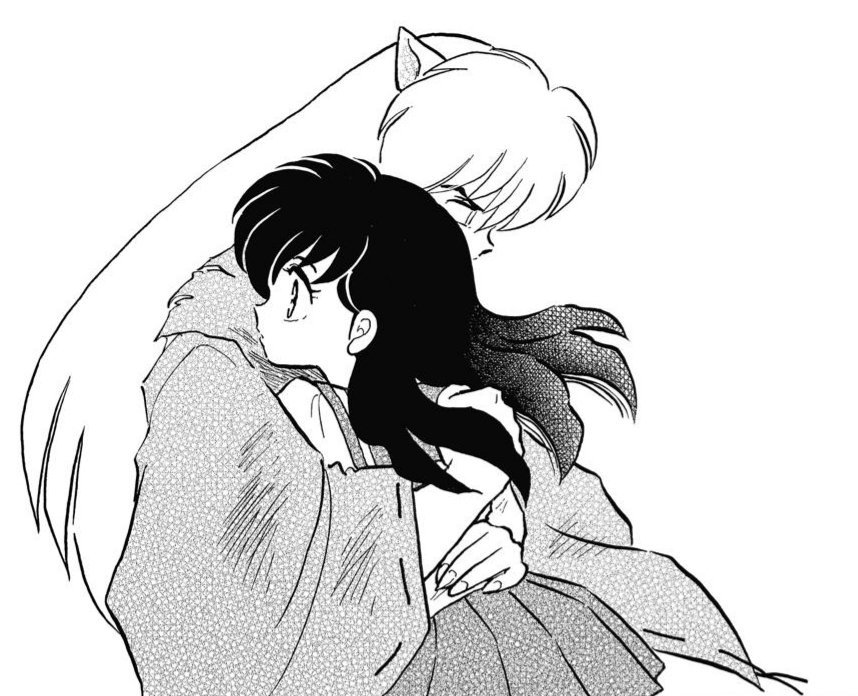Ranma ½: Why This Comedy Anime Is Important for Gender Equality

Comedy in manga and anime is one of the unchanging things of life: regardless of when it was created, it will be funny.
Comedy is a genre that overlaps with many others, essentially being just a part of the bigger picture, and though it’s appreciated, it’s an overlooked genre.
Perhaps it is simply because it’s hard to convey philosophical fragments and important conversations with humor, and it’s understandable since in order to keep it lighthearted, difficult reminders are best left out. But the hilarious Ranma ½ is a classic for many reasons: not only is it catchy with an excellent storyline packed with jokes, but it does take gender exploration to a new level.
Ranma ½ is as much of a childhood favorite as a new discovery for a crowd of people globally. It was created by Rumiko Takahashi and she has innovatively transformed the world of manga and anime with Ranma ½.
The story follows Ranma, a young boy who has been practicing martial arts for his entire life. One fortunate day, he is cursed by a hot spring and takes the shape of a young girl. Ranma can only find his original body when he’s in hot water, which deeply inconveniences him as his family tries to arrange a marriage for him and Akane, a feisty girl of the same age. The protagonist tries everything to rid himself of the sex-bending curse, but it seems that everything in his life somehow becomes hurdles.
Takahashi has expressed that, when coming up with the plot, she did not think of Ranma’s character as a societal expression, but rather a fun way to change things up. But, it’s actually a good look at the ways cisgender women and cisgender men experience life and the differences in convenience and normality, especially in Japanese society. Though it's painted over with humor and occasional crude jokes, Ranma’s character is extremely sympathetic for this reason: he really has the best (and worst) of both worlds.
About the Author:
Mizuki Khoury
Born in Montreal, based in Tokyo. Sabukaru’s senior writer and works as an artist under Exit Number Five.





